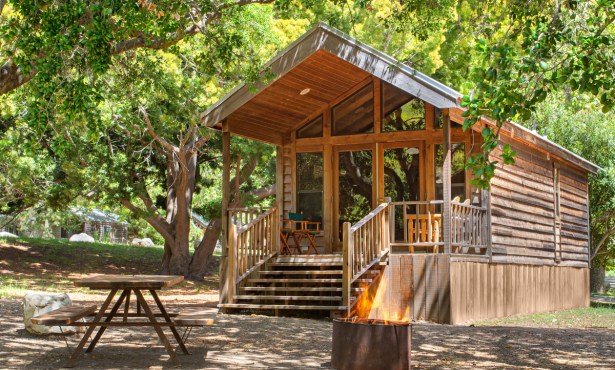Prepare Your Pet for a Disaster
Another major earthquake struck Nepal last month, just weeks after the country was hit by a deadly quake that killed close to 8,000 people. The effects from these devastating earthquakes will be felt for months, maybe even years.
As first responders searched for survivors, many other humanitarian groups are setting up rescue operations and are still in need of critical supplies. If you are able to help with a donation, please visit:Nepal Earthquake Assistance

If you aren’t in the middle of an earthquake, now is the time to prepare yourself and your pet for the next emergency. Studies show that one-third of cat and dog owners have a disaster preparedness plan in place. The American Society for the Prevention of Cruelty to Animals (ASPCA) urges pet owners to develop an emergency plan in advance to keep their families and pets safe.
Tim Rickey, senior director of ASPCA Field Investigations and Response says: “It doesn’t matter where you live, anyone can be hit with a natural or man-made disaster. When you’re in the moment, it can be very stressful for you and your pets. Having a plan in place ahead of time can save you precious time and energy, so you can focus on quickly getting you and your pets to safety.” For pet owners who do have an emergency plan in place, the ASPCA’s national study found that an overwhelming majority (85 percent of dog owners; 81 percent of cat owners) intend to bring their pets with them in the event of an evacuation. Rickey agrees: “If officials order an evacuation, you should take your pets with you. If it’s not safe for you, then it’s not safe for your pets.”
The secret for your pet’s survival during one of these natural disasters is to be as prepared as possible before disaster strikes. This means having a plan and assembling an emergency kit for your pet now, before you need it. By being organized and ready for a disaster, you will greatly increase you and your pet’s chance of survival.
Find a secure location ahead of time:
Evacuation shelters rarely accept pets, so you need to plan ahead to make sure your family and pets will have a safe place to take refuge before a disaster strikes. In some hotels, if there is a no-pet policy, it may be waived in the event of an emergency. You should also compile a list of boarding facilities (including veterinary offices and animal shelters) that might be able to shelter animals in the event of an emergency.
Bring your pet with you when you evacuate:
The most important decision you make during a disaster is to take your pet with you. Animals left to fend for themselves can easily be injured, lost or killed due to exposure, starvation, predators, contaminated food or water, or accidents.
In addition to natural disasters, you should be prepared for everyday emergencies:
Make sure you know who will check on your cat or dog, feed them and give any medications necessary if you find yourself unexpectedly away due to an accident or other family emergency. Find a dependent neighbor and make sure they have access to your house. You’ll want to introduce your neighbor to your pet beforehand to ensure familiarity. Have an emergency kit packed and ready to go with your pet in an easily accessible location at all times. If evacuation is necessary while you’re away, be certain your neighbor is willing to rescue your pet and knows where you keep your pet’s emergency kit. Arrange to meet at a location set ahead of time.
Checklist for Pet Emergency Supplies:
- Bottled water, food and any medications needed for 5-7 days
- Current identification (name, cell phone, address) fastened to your pet’s collar
- Pet carrier, blanket, leash and harness
- Disposable litter box and litter if you have cats or rabbits
- Animal first aid kit – available for all different species at pet first aid
- Photos of your pet in the event they get separated from you
- A copy of your pet’s veterinary records, along with your veterinarian’s phone number
- Phone number and directions to a 24-hour emergency veterinary hospital (the 24-hour emergency veterinary hospital in Santa Barbara is VCA Care Specialty and Emergency Animal Hospital at 301 E. Haley Street, 805-899-2273).
- A list of places to take refuge with your pet. For a listing of pet friendly hotels, go to: pet friendly hotels
- You should also have an emergency rescue sticker placed on the front door of your home in the event that you’re separated from your pet. The ASPCA offers free emergency stickers here: free pet safety sticker
The earthquakes in Nepal once again remind us that you can never be too prepared for a disaster. Get yourself and your pet ready now, in case an emergency strikes tomorrow.



